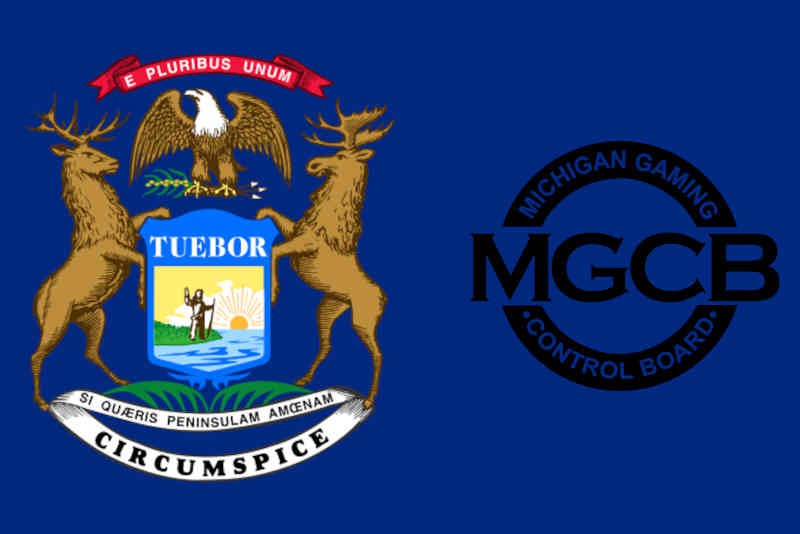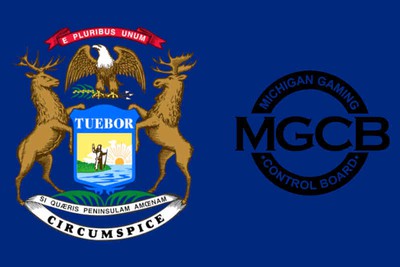

The Michigan Gaming Control Board is on a warpath against all unlicensed gaming operators accepting players from the state. Following the crackdown on sweepstakes casinos, the regulator has now turned its head towards offshore operators, issuing cease-and-desist letters to nine sites.
The official press release names nine unlicensed operators that offer a variety of casino-style games, such as blackjack, craps, roulette, slots, and poker, as well as sports betting services.
Somewhat interestingly, the names on the list seem somewhat obscure, as some of the largest and best-known operators did not make the cut this time around. One of these is Americas Cardroom (ACR), one of the largest offshore sites still offering online poker in Michigan and most of the US.
A Simple Oversight or Something Else?
The offshore operators who received the letter include sites like CoolCat Casino, Place of Chance, and BetAnySports (BAS). They were given two weeks to remove themselves from Michigan, under the threat of further legal action if they refused to comply.
Yet, Americas Cardroom (ACR), perhaps the largest offshore poker site operating in the state, did not receive this letter, which means that they will likely continue as is until their turn comes — if it comes.
It appears that MGCB focused primarily on sites that promote casino games and sports betting, while poker-first platforms, such as ACR and CoinPoker, remain a blind spot. It could be the case that the regulator sees these sites as “lower priority” and catering to smaller audiences.
However, although they are poker-first, these sites also have casino-style games. They may not be the main focus, but they are certainly easy enough for players to find after registering.
So, one must wonder if this is truly an oversight by the regulator or if the MGCB has a certain plan in place and are going through the list, giving some offshore sites a chance to leave on their own. This approach worked with sweepstakes casinos to some degree, as some operators decided to leave the state of their own volition after the regulator issued a few cease-and-desist letters.
Licensed Sites in an Inferior Position
There are currently three licensed poker sites operating in Michigan: PokerStars MI, WSOP MI, and BetMGM Poker MI. These sites followed the correct procedures to obtain their licenses, and they operate in accordance with all relevant gaming laws, offering a safe and responsible environment for the players.
Operating in this fashion is restrictive in many ways, especially in terms of player traffic, even with Michigan joining the MSIGA to expand the player pool across several states. It is still impossible for state-licensed sites to compete with a room that accepts players globally.
The business aspect isn’t MGCB’s primary concern, of course, but one of the reasons cited for issuing cease-and-desist letters was lost tax revenue since offshore operators don’t pay any state or federal tax.
All these factors put licensed operators in an inferior position. It is virtually impossible to compete with a site that caters to a global player pool while licensed poker rooms are still paying all the taxes, licensing fees, and other legal expenses because they chose to do things the right way.
It is hard to imagine that the MGCB isn’t aware of these facts, so it is quite possible that offshore poker sites in Michigan are counting their last days, and there is no reason to think that other US states won’t follow suit.
One good thing that could come out of it all would be a push for online poker regulation on a wider scale. Once offshore sites are completely out of the picture, there might be more willingness to find (legal) alternatives. We won’t be holding our breath for any of these things, but one can always hope.

